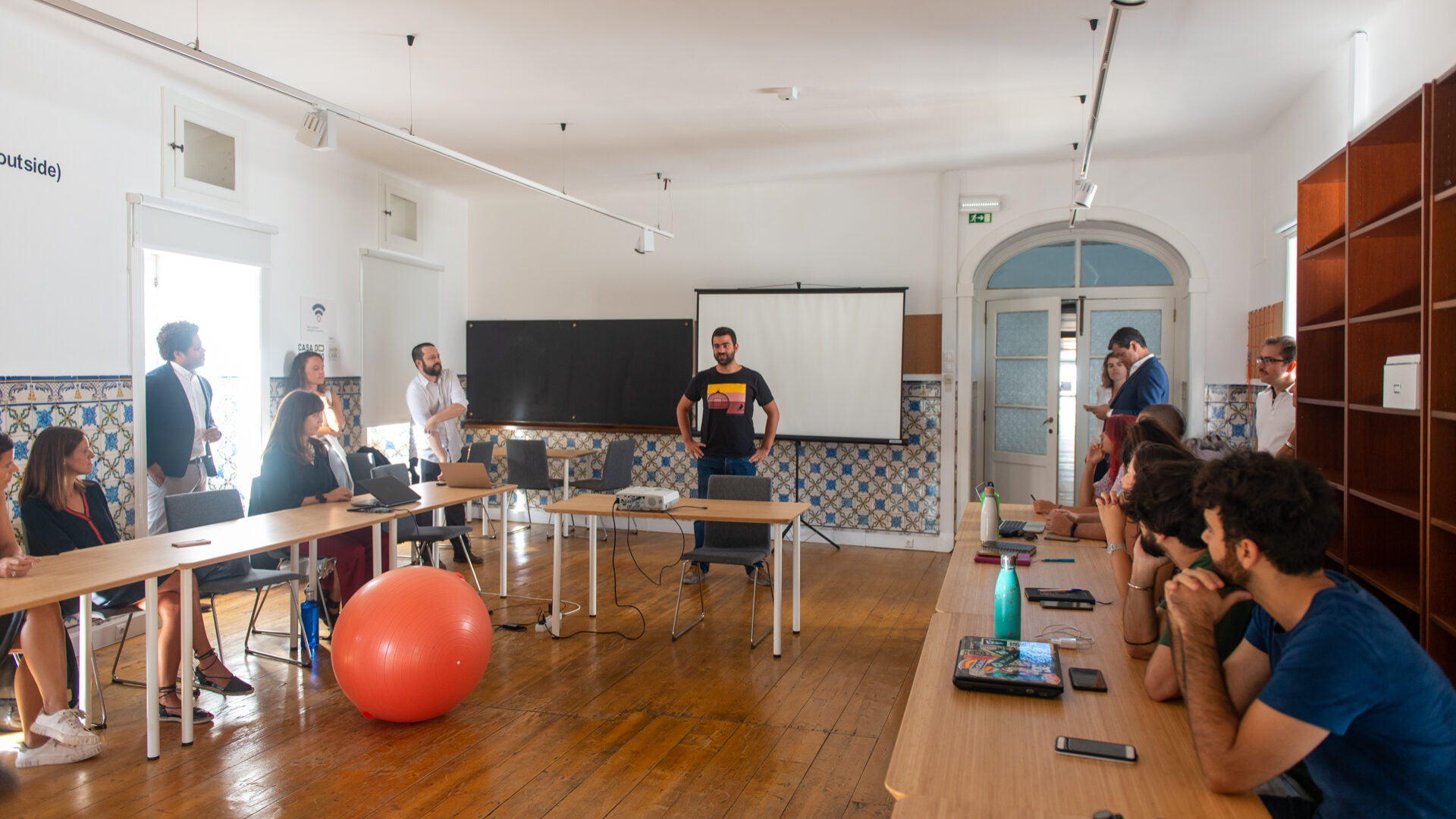Foreign students face lack of courses in English
The 'National and international students in access to higher education' study released on Monday shows that more foreign students are choosing Portugal to study.
The number of foreign students in Portuguese higher education has more than doubled in the last decade, but a lack of courses in English means that most of them are Portuguese speakers, according to an Edulog study revealed on Monday.
The ‘National and international students in access to higher education study released on Monday by the Belmiro de Azevedo Foundation shows that more foreign students are choosing Portugal to study, but many institutions continue to ignore the recommendations the government made seven years ago.
In 2014 the report ‘A Strategy for the Internationalisation of Portuguese Higher Education’ presented several warnings that, according to the study released Monday, “were not applied”. One of them was the importance of having educational training provided in English.
In the 2019/20 academic year, of the almost 50,000 international students, almost three out of four (72.9%) spoke Portuguese: 40.63% were from Brazil and 32.29% from the Community of Portuguese Language Countries (CPLP).
Of the remaining around 13.000 pupils, there were young people from Spain, France, Italy and Germany, “with important communities of Lusodescendants in at least some of these countries”.
The Edulog researchers said this reality means that “one of the weaknesses of the internationalisation process remains, resulting from the weak offer of study cycles in English”, an issue that had been addressed in the recommendations of the report, “apparently without much result”.
The researchers also highlighted that the International Student Statute excludes international students from the possibility of applying for scholarships. Only students from the CPLP are eligible, “which puts our institutions at a clear disadvantage in a competitive and globalised higher education market”, the document said.
Another problem detected is the bureaucracy involved in obtaining visas for non-EU students.
Regarding motivations for recruiting international students, the institutions pointed to cultural and academic reasons, but some identified economic and sustainability reasons as the main reason for their internationalisation.
As for the challenges, the spokesperson of the study, Alberto Amaral, alerted to the gradual decrease in Portugal’s birth rate and the need to have these foreign students in Portugal.
There will be a reduction of young Portuguese entering higher education in the near future. Therefore the internationalisation of Portuguese higher education will be “one of the main strategies to support the sustainability of institutions, and so it is imperative to start adopting measures to mitigate the difficulties in the international development of our education system”.
Edulog recommends greater investment in funding academic research to improve the country’s international visibility at the scientific level.
In addition, it advocates the promotion of training in English, precisely to attract students from countries where Portuguese is not the official language.
The creation of a “student visa”, based on a simplified bureaucracy, as already happens, for example, in Germany, Poland and Sweden, is another of the study’s recommendations released this Monday.


